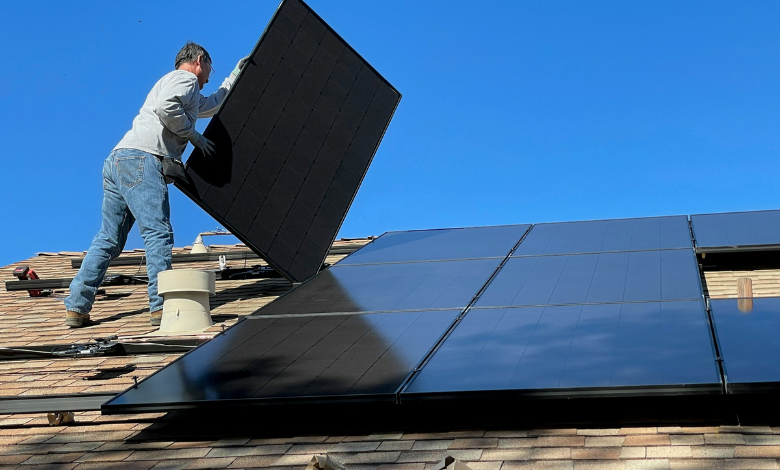Climate change to increase value of solar panels, ensuring more savings and energy independence

The climate crisis has turned into one of the greatest threats to humanity. The EU’s Copernicus Climate Change Service recently confirmed last month as the hottest March on record. It had said the same for February, January and the year 2023 too.
Climate change and El Nino has pushed global temperatures to surpass unprecedented limits. But the crisis is also expected to improve the allure of residential rooftop solar panels, potentially increasing their value by up to 19% by the end of the century.
Experts at the University of Michigan have examined the expected increase in solar panel value. The study is a pioneering effort to quantify the evolving value of solar panels under the impact of climate change. It projects not only increased savings but also greater energy independence.
Let’s understand ‘Value of Solar’ (VOS)
Rooftop solar adoption can help in residential decarbonisation. Moreover, the financial benefits extend beyond immediate gains. Given the average 25-year lifespan of a solar installation, a system built today can benefit from the atmospheric conditions of 2050 and beyond.
The ‘Value of Solar’ (VOS) captures the net financial advantages people reap from installing solar panels. These benefits include savings on electricity bills and the possibility of earning more by selling excess power back to the grid.
Researchers analysed data from 2,000 households in 17 major US cities. They looked at future scenarios for air conditioning demand and solar panel performance. Most cities are expected to see increased value in rooftop solar systems, with Miami set to see the largest rise.
Solar panel schemes alleviating initial installation costs
Increased public awareness of solar energy and its financial benefits can accelerate the adoption of more solar panels. Moreover, this shift doesn’t just benefit individual households. It also contributes to decarbonising the entire system.
The economic advantages are loud and clear. But the initial costs can pose a barrier. In response to that, several countries have unveiled various programmes to offset installation costs and expand access to solar technology.
In addition, government initiatives are also helping actively install panels on public buildings. As the climate crisis deepens, solar energy emerges as a crucial alternative. It is not just feasible but immensely essential for a sustainable and financially stable future.
Read More: UAE leads global green energy initiatives, pioneers sustainable development



